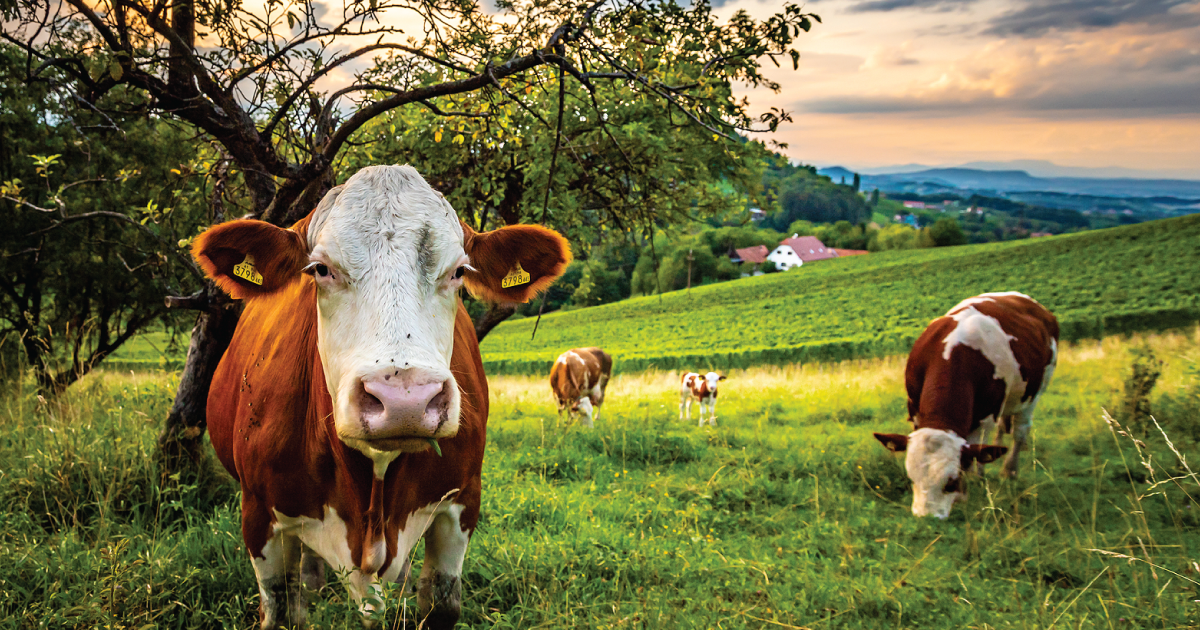
Regenerative Organic Certification Launches To Prioritize Soil Health and Farmworker Justice in Food Products
The Regenerative Organic Certified (ROC) program, a rigorous sustainability certification for foods, fibers, and personal care products, is now publicly available after a yearlong pilot phase. The first ROC-certified products are also now on sale from producers including Dr. Bronner’s, Nature’s Path, Patagonia Provisions, and more.
August 20, 2020 | Source: Food Tank | by
The Regenerative Organic Certified (ROC) program, a rigorous sustainability certification for foods, fibers, and personal care products, is now publicly available after a yearlong pilot phase. The first ROC-certified products are also now on sale from producers including Dr. Bronner’s, Nature’s Path, Patagonia Provisions, and more.
The ROC standards, which began development in 2017, are based around three pillars: soil health and land management, animal welfare, and farmer and worker fairness. Farms and producers can be evaluated at three tiers—bronze, silver, and gold—and are required to make improvements to continually progress through the levels.
“The Regenerative Organic Alliance exists to promote regenerative organic farming as the highest standard for agriculture around the world,” Regenerative Organic Alliance (ROA) Executive Director Elizabeth Whitlow tells Food Tank. “If you’re talking about [regenerative] organic farming, you are in the living trust of the Earth. … Any holistic system encompasses the health of all the living beings in that farming community. This means animals, that the livestock are treated humanely, and that workers are treated fairly and farmers are paid a premium.”
